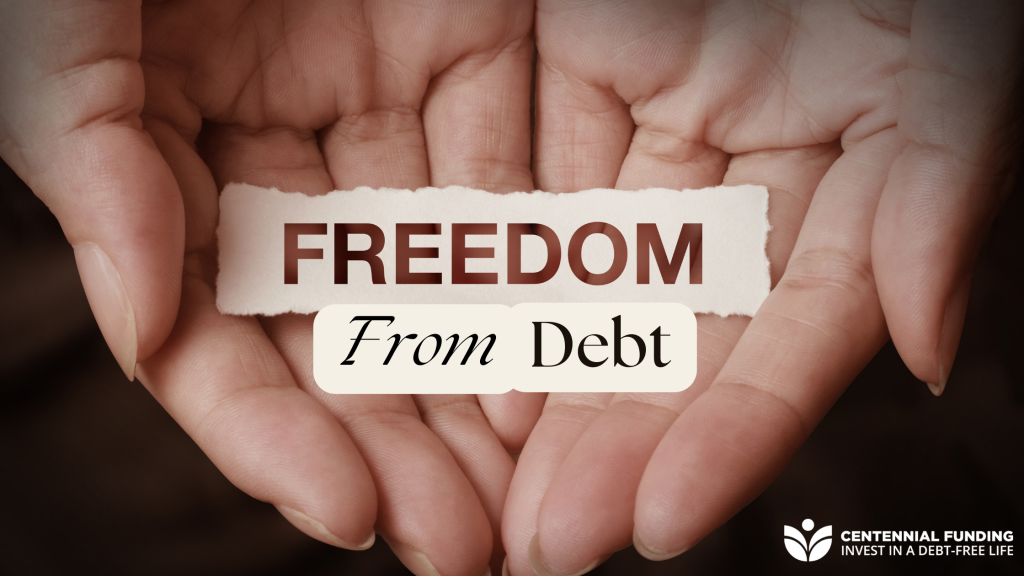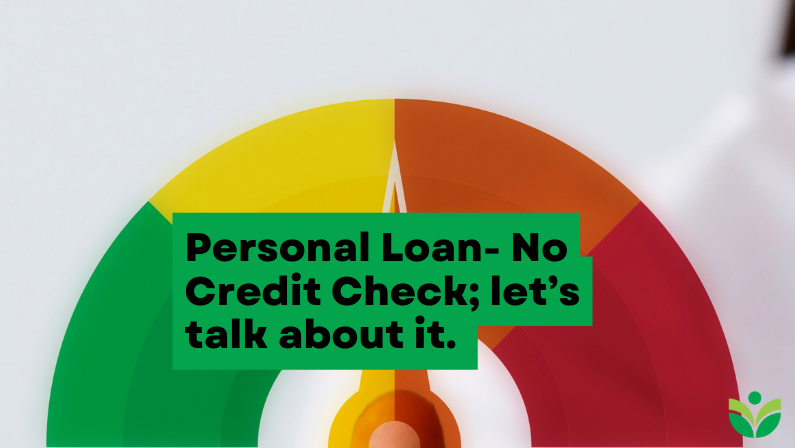Unmasking Credit Score Myths: Navigating the Complex Landscape of Financial Health
James Leon
11/24/2023
Financial Literacy

In the intricate tapestry of personal finance, few threads are as significant as one’s credit score. This three-digit number not only determines your eligibility for loans and credit cards but also plays a pivotal role in determining the interest rates attached to these financial instruments. Unfortunately, a cloud of misinformation often shrouds the concept of credit scores, leading individuals to make decisions that may impact their financial well-being. In this detailed exploration, we aim to unravel and debunk some of the most pervasive credit score myths, empowering you with the knowledge needed to navigate this critical aspect of your financial life.
Myth 1: Closing old credit accounts will improve your credit score.
Reality: The misconception that closing old credit accounts is a strategic move for credit score improvement is deeply rooted. However, the truth is that credit scoring models consider the average age of your credit accounts. Closing older accounts can shorten this average, potentially resulting in a lower credit score. Instead, it’s advisable to keep these accounts open and actively manage them to maintain a positive credit history.
Myth 2: Checking your credit score will lower it.
Reality: Contrary to a widely held belief, monitoring your own credit score is considered a “soft inquiry” or “soft pull” and has no impact on your credit score. In fact, regularly checking your credit is a responsible financial habit that allows you to stay informed about your financial health. While lenders’ credit checks during loan applications (“hard inquiries” or “hard pulls”) may have a minor, temporary impact, self-monitoring remains a positive and encouraged practice.
Myth 3: Having a higher income will boost your credit score.
Reality: Your income is not a direct factor in determining your credit score. While a higher income can provide you with greater financial resources to manage debts, credit scoring models focus on factors such as credit history, outstanding debts, length of credit history, types of credit, and recent credit applications.
Myth 4: Paying off a debt will immediately boost your credit score.
Reality: While paying off a debt is a commendable financial move, the impact on your credit score may not be immediate. The credit reporting process takes time, and it may require a billing cycle or more for the updated information to reflect in your credit report. Additionally, factors such as overall credit utilization and payment history also play crucial roles in determining your credit score.
Myth 5: You only have one credit score.
Reality: The credit scoring landscape is diverse, with several models in existence. FICO and VantageScore are the most commonly used models, and different lenders may use different versions to assess creditworthiness. Understanding that you have multiple credit scores, each influenced by specific scoring models, is vital in gaining a comprehensive view of your credit profile.
Expanding on Key Concepts:
To delve deeper into these credit score myths, let’s explore each one in greater detail.
Myth 1: Closing old credit accounts will improve your credit score.
When contemplating whether to close an old credit account, it’s crucial to understand the factors that contribute to your credit score. One of these factors is the average age of your credit accounts. This metric considers the age of each of your accounts and calculates the average. Closing an old account can significantly impact this average, especially if it’s one of your oldest accounts.
In the world of credit scoring, a longer credit history is generally viewed more favorably. It indicates to lenders that you have a track record of managing credit responsibly over an extended period. When you close an old account, you’re essentially removing a piece of that history, potentially leading to a shorter average age of accounts.
To illustrate, let’s consider an example:
Sarah has three credit accounts:
- Credit Card A: Opened 10 years ago
- Credit Card B: Opened 5 years ago
- Personal Loan: Opened 2 years ago
The average age of Sarah’s credit accounts is (10 + 5 + 2) / 3 = 5.67 years.
Now, if Sarah decides to close Credit Card A, her updated average age of accounts becomes (5 + 2) / 2 = 3.5 years.
In this scenario, closing the oldest account has significantly lowered the average age of Sarah’s credit accounts, potentially affecting her credit score. While credit scoring models take various factors into account, maintaining a longer credit history is generally advantageous.
However, it’s essential to note that the impact of closing an account on your credit score can vary based on your overall credit profile. If you have a robust credit history with other accounts, the effect may be less pronounced. Conversely, if you have a limited credit history, closing an old account could have a more significant impact.
Ultimately, the key takeaway is that closing old credit accounts may not necessarily lead to an improved credit score and, in some cases, could have the opposite effect. It’s crucial to weigh the potential impact on your credit history and overall financial strategy before deciding to close an account.
Myth 2: Checking your credit score will lower it.
The fear of checking one’s credit score and inadvertently causing it to drop is a common concern among consumers. This myth likely stems from a misunderstanding of the two types of credit inquiries: “soft inquiries” and “hard inquiries.”
A soft inquiry occurs when you check your own credit report or when a lender checks your credit as part of a pre-approved offer. Soft inquiries have no impact on your credit score. They are simply informational and serve to provide you with insight into your credit health.
On the other hand, a hard inquiry (or hard pull) happens when a lender checks your credit as part of a loan or credit card application. Unlike soft inquiries, hard inquiries can have a minor, temporary impact on your credit score. The impact is usually small, and credit scoring models consider that consumers may shop around for the best loan terms.
Let’s break down the two types of inquiries further:
- Soft Inquiries (No Impact on Credit Score):
- Checking your own credit report
- Lenders checking your credit for pre-approved offers
- Employers conducting a background check (with your permission)
- Creditors conducting routine account reviews
- Hard Inquiries (Minor, Temporary Impact on Credit Score):
- Applying for a credit card
- Applying for a mortgage
- Applying for an auto loan
- Applying for other types of loans
Understanding the distinction between soft and hard inquiries is crucial for dispelling the myth that checking your own credit score harms your credit. Regularly monitoring your credit through tools like free credit monitoring services or annual credit reports is a responsible financial practice.
In fact, staying informed about your credit score can be empowering. It allows you to track changes, identify potential issues, and take proactive steps to maintain or improve your credit health. Additionally, being aware of your credit score is essential when considering major financial decisions, such as applying for a loan or negotiating interest rates.
If you’re concerned about the potential impact of hard inquiries when shopping for a loan, it’s worth noting that credit scoring models typically recognize when multiple inquiries for the same type of loan occur within a short timeframe. They often treat these inquiries as a single inquiry to minimize the impact on your credit score.
It’s important to emphasize that responsible and strategic credit monitoring does not harm your credit. In fact, it contributes to your financial awareness and empowers you to make informed decisions about your credit and overall finances.
Share post:









